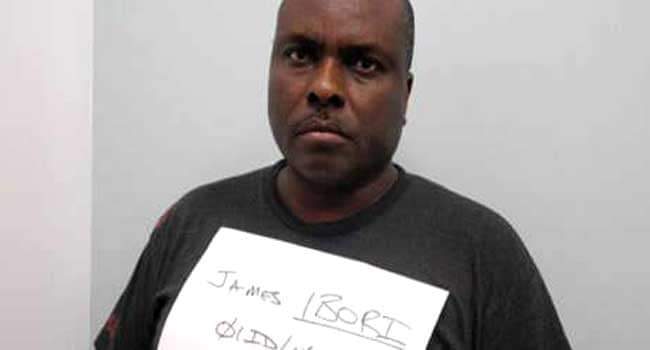
The House of Representatives on Wednesday called on the Federal Government to ensure that the £4.2million Ibori loot be returned to Delta State.
The lawmakers insisted that the funds were stolen from Delta State and as such should rightly be returned to the state. They added that the funds are needed for the infrastructural development of the state.
This was the resolution reached after a motion of urgent public importance which was sponsored by all the lawmakers from Delta State.
Meanwhile, the lawmakers said the total money is £6.2 million and not £4.2 million as is being reported.
The House also asked the Federal Ministry of Finance to direct the Attorney General of Federation, Minister of Justice, Abubakar Malami, and give the House all particulars relating to the recovered money.
Federal Project or Delta State?
The United Kingdom on Tuesday signed a Memorandum of Understanding (MoU) to return the sum of £4.2 million assets stolen by former Delta State Governor, James Ibori to Nigeria.
The Attorney General of the Federation and Minister of Justice, Abubakar Malami said the recovery of the stolen fund is part of the efforts of the current administration to fight corruption and that the money will be used for the construction of the second Niger Bridge, Abuja-Kano road, and Lagos-Ibadan Express road.
Following criticisms on why the loot is not returned to Delta State, Malami in an interview on Channels Television’s Politics Today insisted that it will be used for federal projects and not returned to the Delta State Government where it was pilfered from.
“The major consideration relating to who is entitled to a fraction or perhaps the money in its entirety is a function of law and international diplomacy,” Mr. Malami said during the interview.
He argued that the law that was alleged to have been breached by Ibori was a federal law and that the parties of interests involved in the repatriation of the funds were national and not sub-national governments.
“All the processes associated with the recovery were consummated by the federal government and the federal government is, indeed, the victim of crime and not sub-national,” he said.
When pressed on whether the British government had insisted that the money be spent on certain projects, Mr. Malami said it was not “a matter of insistence but a matter of negotiation between two sovereign states.”











